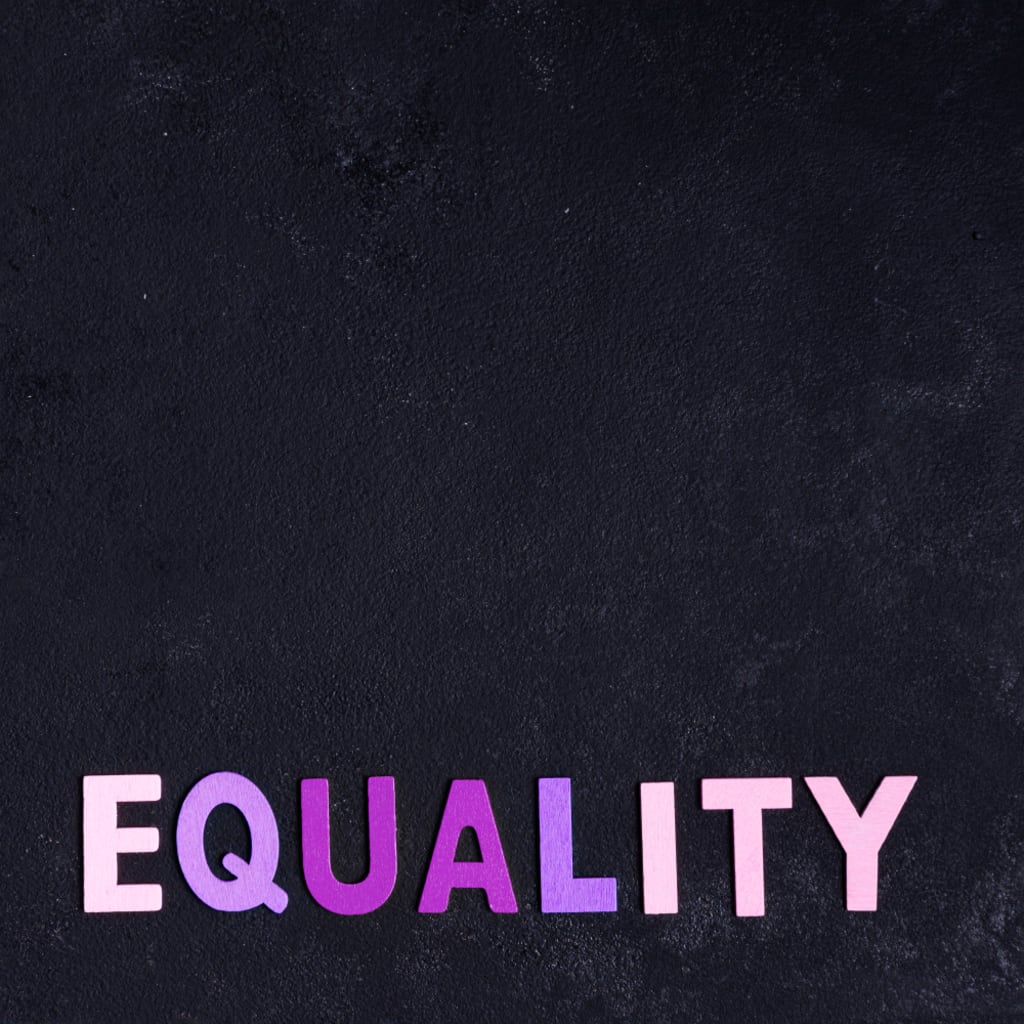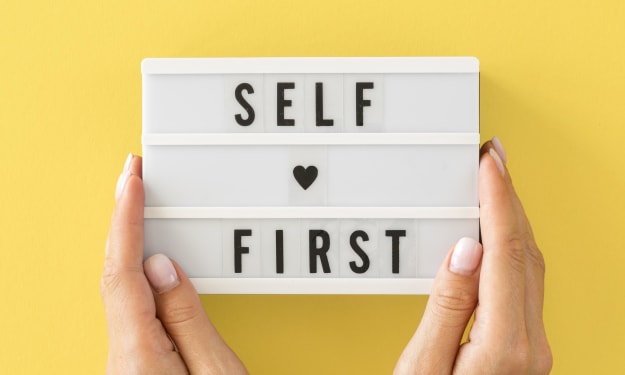
Human rights are fundamental rights and freedoms that are inherent to all human beings, regardless of their race, color, religion, gender, nationality, or any other status. They are universal, inalienable, and indivisible, meaning they apply to every person without discrimination and cannot be taken away or separated from one another. Human rights are based on the principles of dignity, equality, and justice, and they serve as the foundation for a just and inclusive society. In this article, we will explore the importance of human rights, their significance in promoting social progress, and the need for their protection and promotion at all levels.
Human rights encompass a wide range of rights and freedoms, including civil, political, economic, social, and cultural rights. Civil and political rights include the right to life, liberty, and security of person, freedom of expression, religion, and assembly, and the right to participate in the governance and decision-making processes of one's country. Economic, social, and cultural rights include the right to work, education, health, food, housing, and cultural expression. Human rights also encompass the rights of vulnerable groups, such as women, children, refugees, migrants, persons with disabilities, and LGBTQ+ individuals, among others.
Human rights are essential for the well-being and dignity of individuals. They recognize the inherent worth and value of every human being and provide a framework for protecting and promoting their rights and freedoms. Human rights are also critical in promoting social progress and sustainable development. When individuals enjoy their human rights, they are empowered to fully participate in society, access opportunities, and contribute to their communities. Human rights also foster social cohesion, tolerance, and inclusivity, and they contribute to the creation of just and peaceful societies where diversity is respected, and all individuals are treated with equality and fairness.
The protection and promotion of human rights are not only the responsibility of governments but also of individuals, civil society, businesses, and international organizations. Governments have a primary duty to respect, protect, and fulfill the human rights of their citizens and residents. This includes enacting and implementing laws and policies that promote human rights, ensuring access to justice and remedies for human rights violations, and creating an enabling environment for civil society and human rights defenders to operate freely. It also includes promoting human rights education and awareness among the general population and fostering a culture of human rights in all spheres of society.
Civil society, including non-governmental organizations, human rights defenders, and grassroots movements, plays a crucial role in advocating for human rights, holding governments and other actors accountable for their human rights obligations, and providing support and assistance to individuals whose rights have been violated. Civil society also plays a vital role in promoting human rights at the international level, through advocacy, monitoring, and reporting on human rights situations in different countries, and engaging in international human rights mechanisms, such as the United Nations Human Rights Council and regional human rights bodies.
Businesses also have a responsibility to respect human rights in their operations, supply chains, and relationships with stakeholders. This includes conducting human rights due diligence to identify, prevent, and mitigate any adverse human rights impacts of their activities, and providing remedy to those affected by human rights violations associated with their operations. Businesses can also contribute to the promotion of human rights by promoting fair labor practices, respecting workers' rights, and engaging in sustainable and socially responsible business practices that prioritize people and the planet.
International organizations, including the United Nations and regional organizations, play a critical role in promoting and protecting human rights globally. They establish human rights standards, monitor human rights situations in different countries, provide technical assistance and capacity-building support to states, and facilitate dialogues and negotiations on human rights issues. International organizations also play a role in promoting accountability for human rights
About the Creator
Waris
"Discover expert insights, valuable information, and engaging content! Join my community of readers for a fresh and unique perspective on the topics that matter most to you. Don't settle for average content - read my blog now!"
Reader insights
Outstanding
Excellent work. Looking forward to reading more!
Top insight
Heartfelt and relatable
The story invoked strong personal emotions






Comments
There are no comments for this story
Be the first to respond and start the conversation.